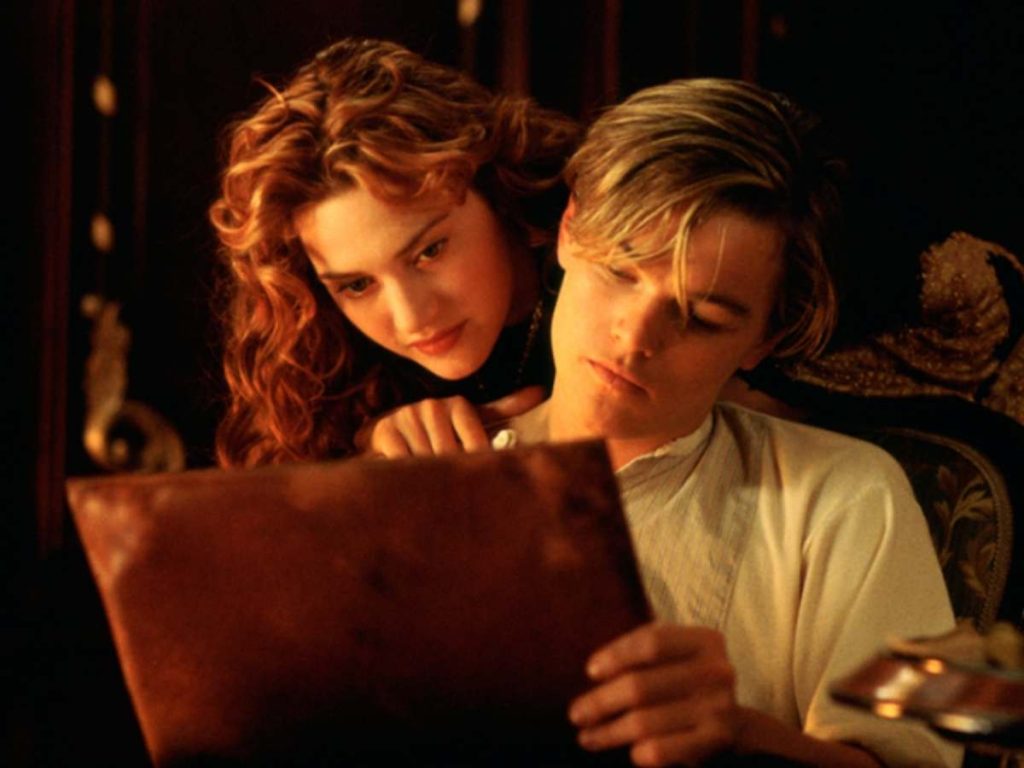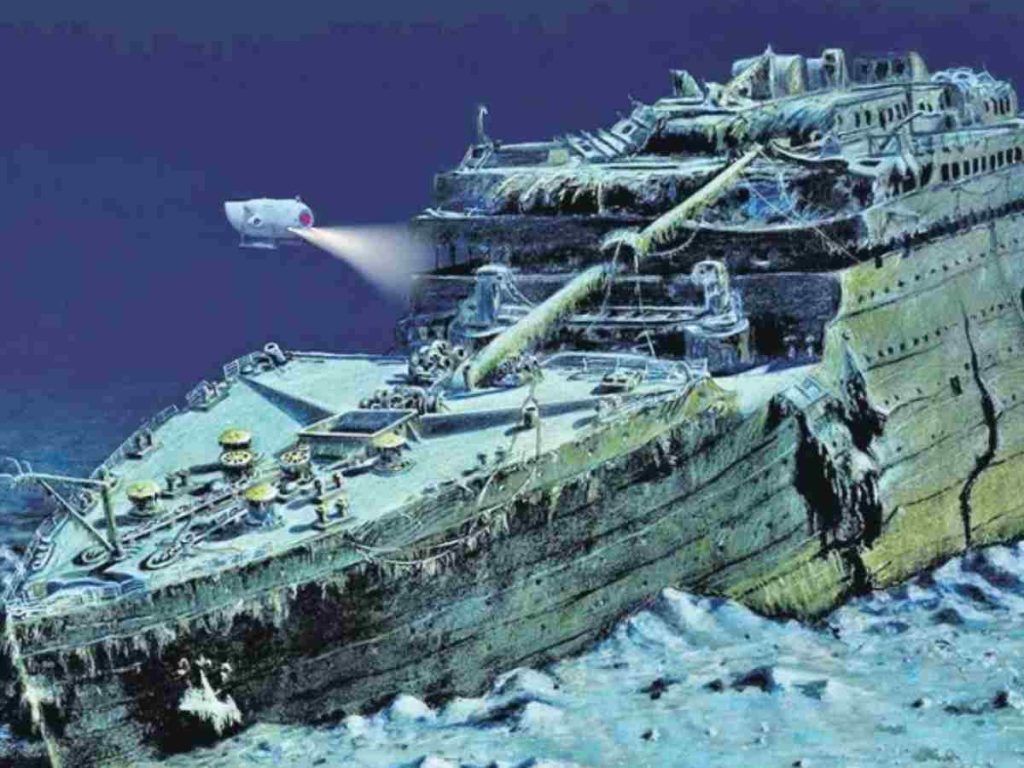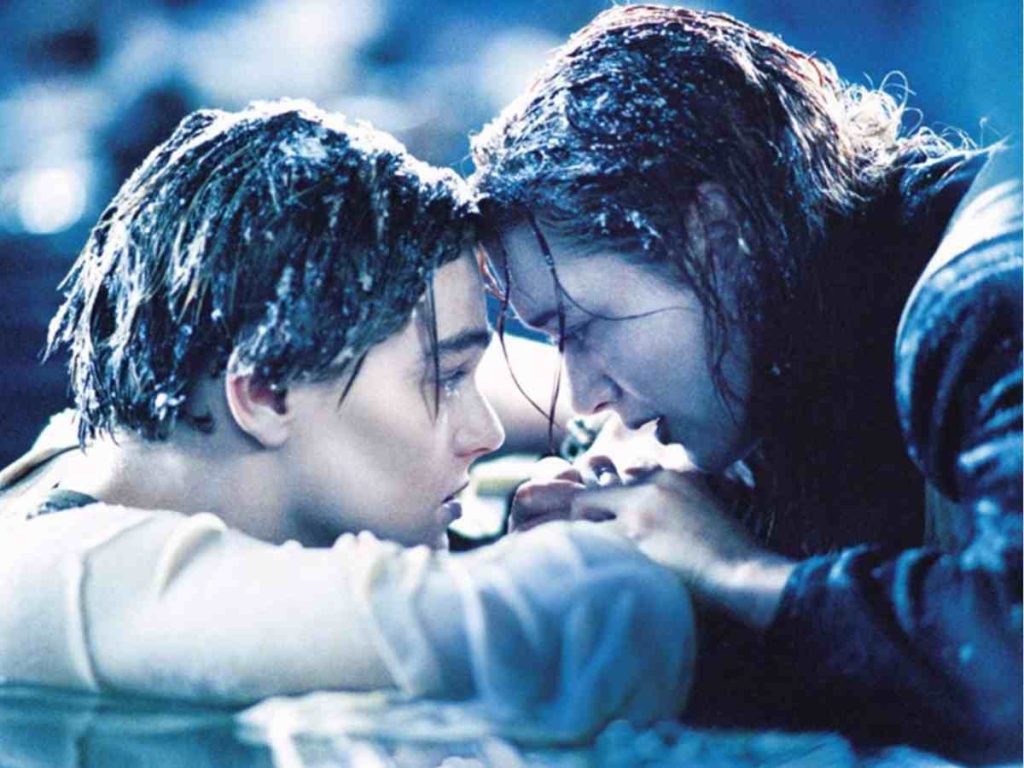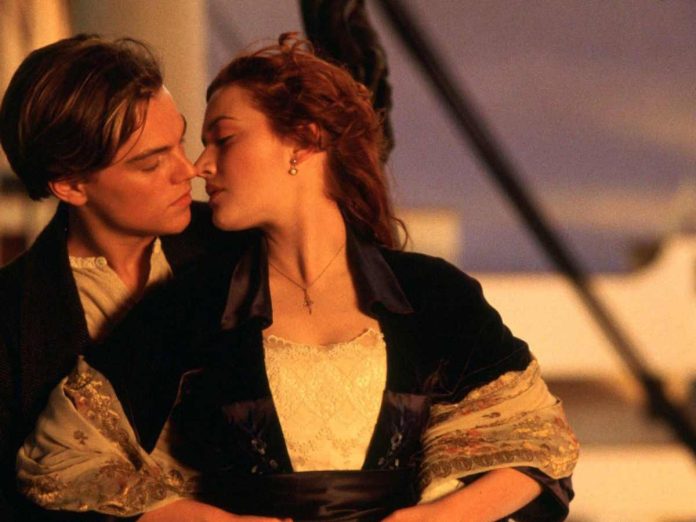Long before ‘Titanic‘ became an iconic movie that people across the world still celebrate as a cinematic masterpiece, the haunting story of the shipwreck had already left its mark on literature, theater, exhibitions, and documentaries. It was a one-of-a-kind incident that shook the world and left an indelible imprint on history of all sorts.
The global fascination around the tragic events of April 1912 was obvious given the 1,500 deaths it caused in the North Atlantic. Though it was primarily a Western phenomenon, it made its way very easily to every nook and corner of the world. James Cameron’s film on the incident was no different — it managed to gracefully transcend the cultural boundaries and captivated audiences worldwide. It went on to become the highest-grossing film of all time and changed Hollywood for the better. But there are many nuanced reasons behind the film’s success other than the popularity of the shipwreck itself.
‘Titanic’ Invoked A Sense Of Shared Experiences Of Grief, Loss And Fear Among Viewers Worldwide

Soon after its release in 1997, ‘Titanic‘ went on to become a global phenomenon as it seamlessly broke through language barriers and cultural nuances. Audiences across the world embraced the film’s glory and made it an apparently historical piece of filmmaking.
If one thinks of the reasons that led to the movie’s massive success, some obvious aspects come to mind — like the popularity of the shipwreck, a talented cast including Leonardo DiCaprio and Kate Winslet, and the colossal financial investments involved in the movie. But there’s a lot more to it, involving some socio-cultural aspects that go deeper than the conventional reach of the entertainment industry.
Undoubtedly, the film fulfilled all aspects of a great piece of filmmaking, including a flawless direction, groundbreaking special effects, and a robust publicity modus operandi. However, the film’s impact extended beyond commercial success, reaching the emotional gradient of audiences around the world.
Because ‘Titanic‘ narrated an account based on a true and extremely tragic incident, many assumed the story of the film itself to be true. The movie essentially exhibited a tragic love story, set against the backdrop of a historical disaster. The denouement that the characters in the movie felt was perceived to be real because of the popularity of the shipwreck.
Empathy worked as the most powerful weapon to draw audiences to the film. Grief is an emotion that transcends boundaries, and that is a chief reason why ‘Titanic‘ resonated with the viewers worldwide.
Another factor that may have garnered audience empathy was the power of nature against humanity. The movie perfectly depicted the helplessness of humanity in the face of natural forces. The sinking of an unsinkable ship invoked a sense of fear about nature as a supreme force — which, again, resonated with people across the world quite strongly.
In case you missed it: OceanGate Is Still Inviting People For Titanic Expedition For Slashed Price Of $25,000 After Titan Submersible Implosion
‘Titanic’ Resonated With Audiences Because Of Its Subtle Socio-Political Undertones

Leonardo DiCaprio’s character, Jack Dawson was a working-class hero of the film. The audience from the 90s US may have seen themselves in his character. It is also likely that Jack struck a chord with audiences worldwide, as class struggle is apparent in almost every part of the world.
Moreover, women may also have empathized with Kate Winslet’s character who found herself falling in love with the charming and doomed protagonist, though she belonged to the upper class and the kind of love she desired was forbidden.
At its core, ‘Titanic‘ is a classic tear-jerker — a timeless genre that evokes sympathy. The film’s emotional depth and the inevitability of its tragic end make it universally relatable because of the shared emotional experiences of love and loss.
Interestingly, different countries reportedly interpreted ‘Titanic‘ through their own variety of cultural lenses at the time of its release. In Japan, the portrayal of British aristocrats in the film resonated with the concept of ‘gamen’ — endurance in the face of adversity. Many Britishers even deemed the movie anti-British.
Meanwhile, the French explored hidden political messages with better food in the first class, and dancing and enjoyment to be a typical thing that people from the third class of society enjoy doing. One particular German intellectual saw the ship’s fate as a consequence of technological development layered with arrogance and mankind’s immense faith in it.
In China, where the film was limited to 127 theaters, a market for pirated videos made its way on the streets as more people wanted to watch the film. Chinese Communist Party chief Jiang Zemin himself praised the film at the time, viewing it not as an artistic achievement but as an example of venture capitalism in action.
‘Titanic’ Redefined Industry Practices With The Financial Bar Raised Higher Than Ever

With over $1.5 billion in global earnings, ‘Titanic‘ is perhaps one of the rare 90s movies that shed light on the entertainment industry’s ability to shape the world’s collective imagination and also challenged many traditional ways of Hollywood. The film set some benchmarks for the rest of the Hollywood movies to follow.
First and foremost, ‘Titanic‘ led to bigger budgets in filmmaking. While the film’s $200 million budget was considered enormous at the time, the movies that came afterward routinely exceeded the figure, with budgets reaching $200 million or more.
Consequently, the pressure on studios for higher box office returns also increased significantly over the years. In the past, a $100 million-grossing movie was deemed a hit, but the picture changed drastically very soon. Overseas grosses were barely considered before the success of ‘Titanic‘. But today, they double a project’s earnings and contribute significantly to a film’s overall success.
The film also challenged the casting norms of the time. Leonardo DiCaprio and Kate Winslet may be some massive Hollywood names today, but it was ‘Titanic‘ that came as a breakthrough for both their careers. This proved that blockbusters can be made without popular faces. The decline of star-driven hits was significant after that.
In hindsight, the impact of ‘Titanic‘ on the movie business is undeniable as it majorly molded and shaped industry practices and set new standards for success. The movie also went beyond the perceived definitions of entertainment, as it managed to strike both emotional and socio-political chords among audiences worldwide. All in all, it raised the bar very high for the industry in terms of film narratives as well as financial earnings, and consequently made Hollywood as we know it today.
You might also like to read:

